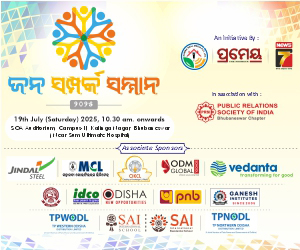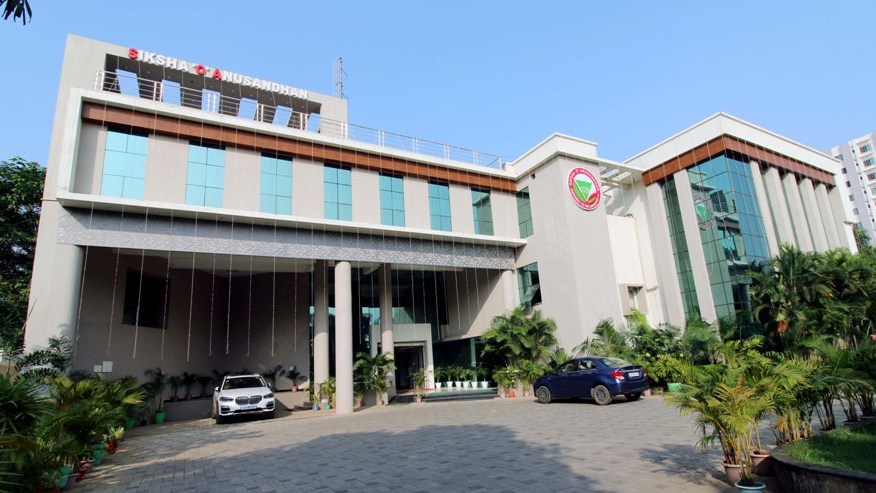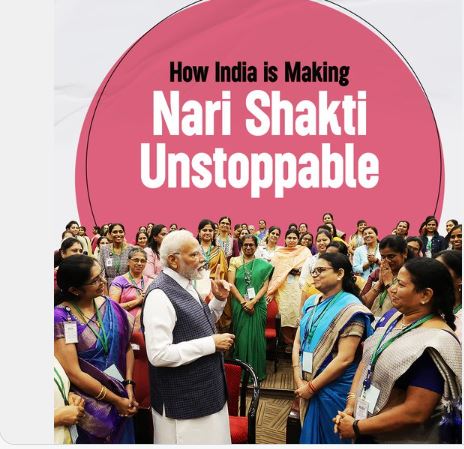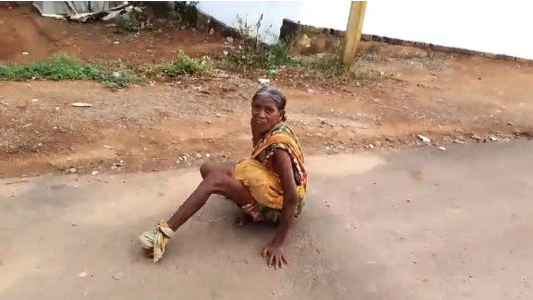Relevance of Ministry of Co-operation

Recently, Prime Minister Narendra Modi has announced a new ministry of Cooperation that will coordinate activities of other ministries. Modi has entrusted the role to his trusted colleague and Home Minister Amit Shah. This is an attempt to throw a glimpse on the newly launched ministry. wp:paragraph {"align":"right"} Dr Manas R Das One of the highlights of the recent Union Cabinet reshuffle is the creation of a separate Ministry of Co-operation and putting it under the charge of none other than the home minister. Earlier, ‘co-operation’ was one of the Divisions under the Ministry of Agriculture & Farmers Welfare. With the latest move, it can be concluded that the government has realised that “co-operation has failed”, but, simultaneously, it is committed to prove that “it will succeed.” It is not that the earlier governments didn’t realise the failure of co-operatives, but they didn’t initiate measures to revitalise them, which this government has begun to do. India’s cooperative movement dates to 1900s. However, over time, its glorious image, especially the financial aspects, got tarnished due to various reasons which have been well-documented by several committees starting from the pre-Independence era to recent times. Therefore, the lost glory of the co-operatives must be rejuvenated. The co-operatives in India are of two types: rural and urban. At March-end 2019 (latest available), the sector comprised 97,006 rural co-operative banks and 1,539 Urban Cooperative Banks (UCBs). Rural co-operatives accounted for 65% of the total asset size of all co-operatives. Thus, the focus of the proposed ministry will be on the welfare of the agriculture sector (read: farmers). It is noteworthy here that the government is committed to doubling farmers’ income by 2022, and the role of co-operatives in this endeavour cannot be belittled. The UCBs are concentrated in two contiguous States: Maharashtra leading with 494, followed by Gujarat with 218. The UCBs are repositories of savings by millions of low- to middle-income group households. At March-end 2020, the UCBs had total deposits of over `5 lakh crore. Ironically, several of these banks have become fragile, thereby jeopardising depositors’ money. Instances galore (e.g., failure of PMC Bank which is yet to be resolved). Various committees by the government and RBI have attributed this to dual control, lack of professionalism, small size and low capital, legal hassles and last but not least, excessive politicisation. Even before establishing the Ministry of Co-operation, the government had taken a bold step to discipline the sector by amending the Banking Regulation Act in 2020. The amendments empower RBI to act swiftly to resolve a troubled bank through various means so that it doesn’t fail, and its depositors’ interests are fully protected. This is unquestionably salubrious for the entire co-operative sector. However, the government’s intention has been misinterpreted by some who don’t favour it. Therefore, the amended Act has to be ‘pushed’ through seamlessly. The Ministry will buttress the unified regulation on which RBI has already started working but will likely encounter resistance. Today, the vulnerable co-operative sector needs consolidation, professionalism, capital, single regulation and supervision, and minimal external interferences. The urgency for these will be felt more in the post-Covid period when the sector, like its commercial counterpart, emerges weaker. For these, strong ‘central’ direction is of quintessence at this hour. About the Author: Dr. Manas R. Das is a former senior economist of State Bank of India. He has over 30 years of experience as an economist in two large commercial banks. Academically, he is a gold medalist in Bachelor of Arts with Economics Honours from Utkal University, followed by Master’s in Economics from Delhi School of Economics and Doctorate in Economics from Gokhale Institute of Politics and Economics. He is also a Certified Associate of the Indian Institute of Bankers. He has won several awards, besides being a prolific writer.
Latest News
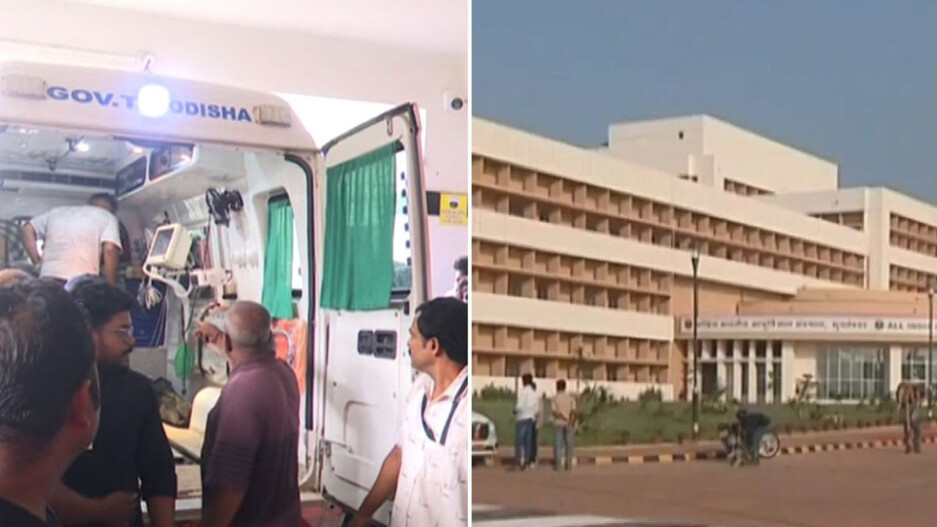
FM College sexual harrasment case: Girl studen...

England Clinches Lord's Thriller by 23 Runs as...

From Gulab Jamun to Soft Drinks: New Canteen R...
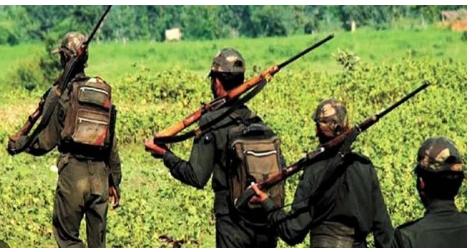
Five Chhattisgarh Maoists surrender to Telanga...

"Exemplary Icon of Indian Cinema and Culture":...
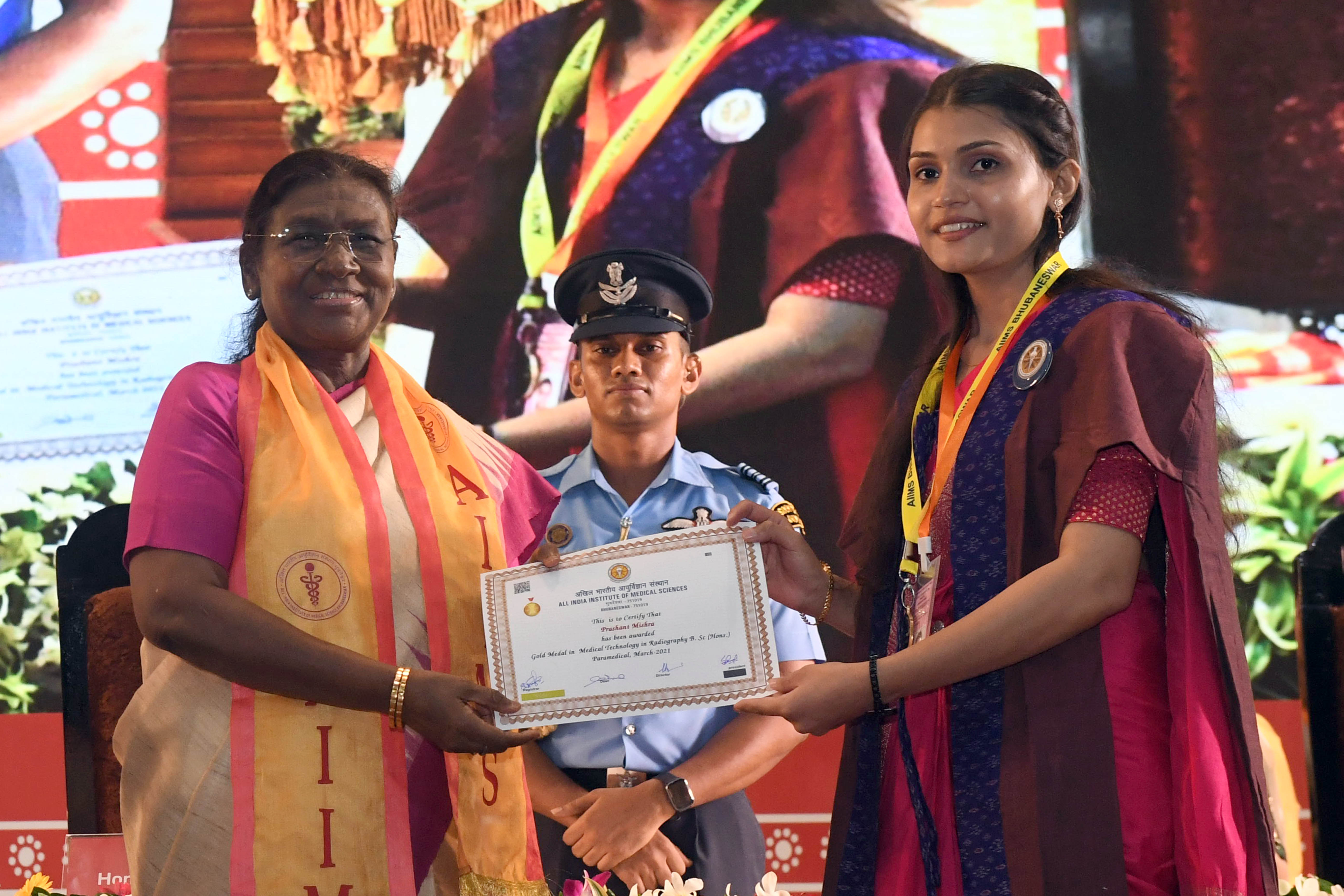
Depression is becoming a major issue in societ...

Odisha becomes runners up in Sub Junior women...
Copyright © 2024 - Summa Real Media Private Limited. All Rights Reserved.










